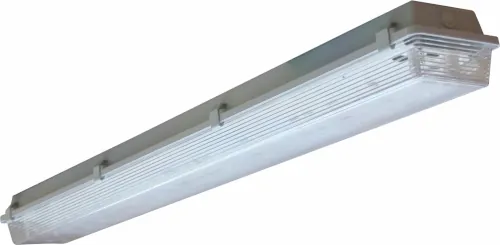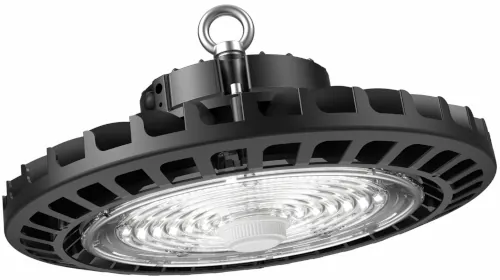The chemical resistance of a luminaire housing and lens materials is an important factor to consider when selecting lighting fixtures for industrial or harsh environment applications. The housing and lens materials must be able to withstand exposure to chemicals, fuels, and other potentially corrosive substances without deteriorating or becoming damaged.
The most common materials used for luminaire housing and lenses are:
Aluminium
Highly resistant to corrosion and commonly used for lighting fixture.
Stainless Steel
Resistant to corrosion, ideal for harsh environments and harsh chemicals, and commonly used for industrial lighting fixtures.
Polycarbonate (PC)
Resistant to impact, UV rays, and certain chemicals, and hence PC is commonly used for both indoor and outdoor lighting fixtures.
Acrylic
Resistant to impact and UV rays, but not as resistant to chemicals as polycarbonate or glass.
Glass
Resistant to impact, UV rays, and certain chemicals, but can be brittle and prone to breaking.
When selecting housing and lens material careful consideration must be given to the specific operating environment, as some materials may be more suitable for certain applications. By way of example in the food and beverage industry, glass cannot be used in many applications, which results in a need to utilize other alternatives. Finding alternatives is sometimes a complex process as many of the commonly used materials may not comply with the SANS standards due to heat resistance, IP ratings and other factors, hence choosing a correct luminaire for an application often requires specialized knowledge.
While the manufacturer's datasheet should provide information on the chemical resistance of the specific material used in the luminaires, care should be taken, and expert advice sought to ensure the appropriateness of the product in the desired application.
Our R&D specialists can assist you with product specifications for your applications.






